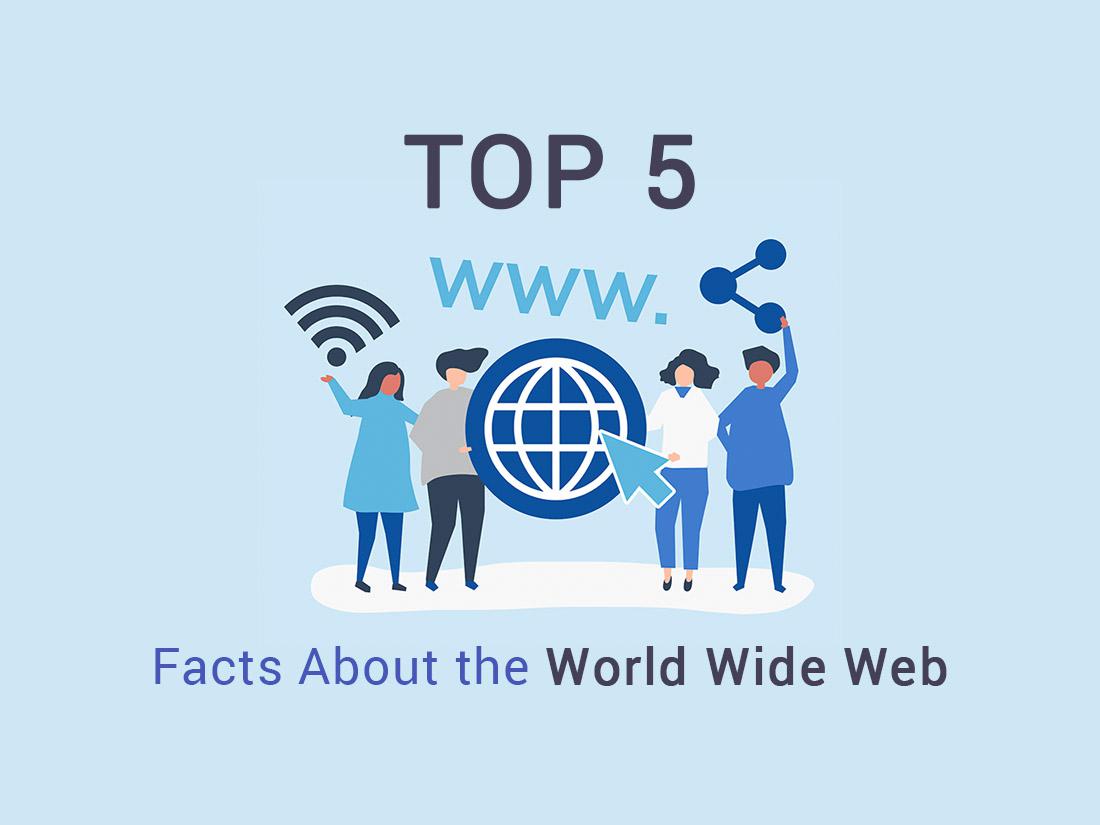Give us a call on
-
-
You may send an email
support@greenhightech.in
Give us a call on
You may send an email

www
1. THE WORLD WIDE WEB WAS INVENTED BY TIM BERNERS-LEE IN 1989.
Thirty years ago, CERN computer scientist Tim Berners-Lee proposed an idea for a database of hypertext links that would allow people to send data and communicate across a network. Berners-Lee wasn't looking to transform modern life when he invented the World Wide Web; he had just gotten tired of having to switch computers whenever he needed to access information that wasn't on his main work computer.
2. THERE'S A DIFFERENCE BETWEEN THE INTERNET AND THE WORLD WIDE WEB.
Though the terms are often used interchangeably, the internet and the World Wide Web are not the same. Many experts peg the start of the internet to September 2, 1969, when a team of computer scientists at UCLA got two computers to send data to each other through a network for the first time. Twenty years later, the World Wide Web made this technology user-friendly and accessible to the public.
3. THE WORLD'S FIRST WEBSITE IS STILL ONLINE.
Many websites from the early days of the Web have gone dark, but the first one is still live. Berners-Lee brought the site online from a lab in the Swiss Alps in 1991. Even though it looks primitive, the site has actually been updated from its original state several times.
4. THE FIRST IMAGE EVER UPLOADED IS VERY '90S.
In 1992, Berners-Lee needed a photo to test out the World Wide Web's new image-hosting capabilities. An IT developer shot a photograph of a comedy band, Les Horribles Cernettes, which was comprised of other CERN employees at the Swiss lab where they worked [PDF]. When the picture was uploaded, it made history as the first image ever shared on the Web.
5. BERNERS-LEE HAS MIXED FEELINGS ABOUT HIS INVENTION TODAY.
Over the past 30 years, Berners-Lee has watched his creation evolve into a force he could have never envisioned. In an open letter published to mark the World Wide Web's 30th birthday, he wrote, "while the web has created opportunity, given marginalized groups a voice, and made our daily lives easier, it has also created opportunity for scammers, given a voice to those who spread hatred, and made all kinds of crime easier to commit." He urged people to fight to minimize the negative consequences of the Web, such as harassment, polarizing discourse, and the spread of misinformation.